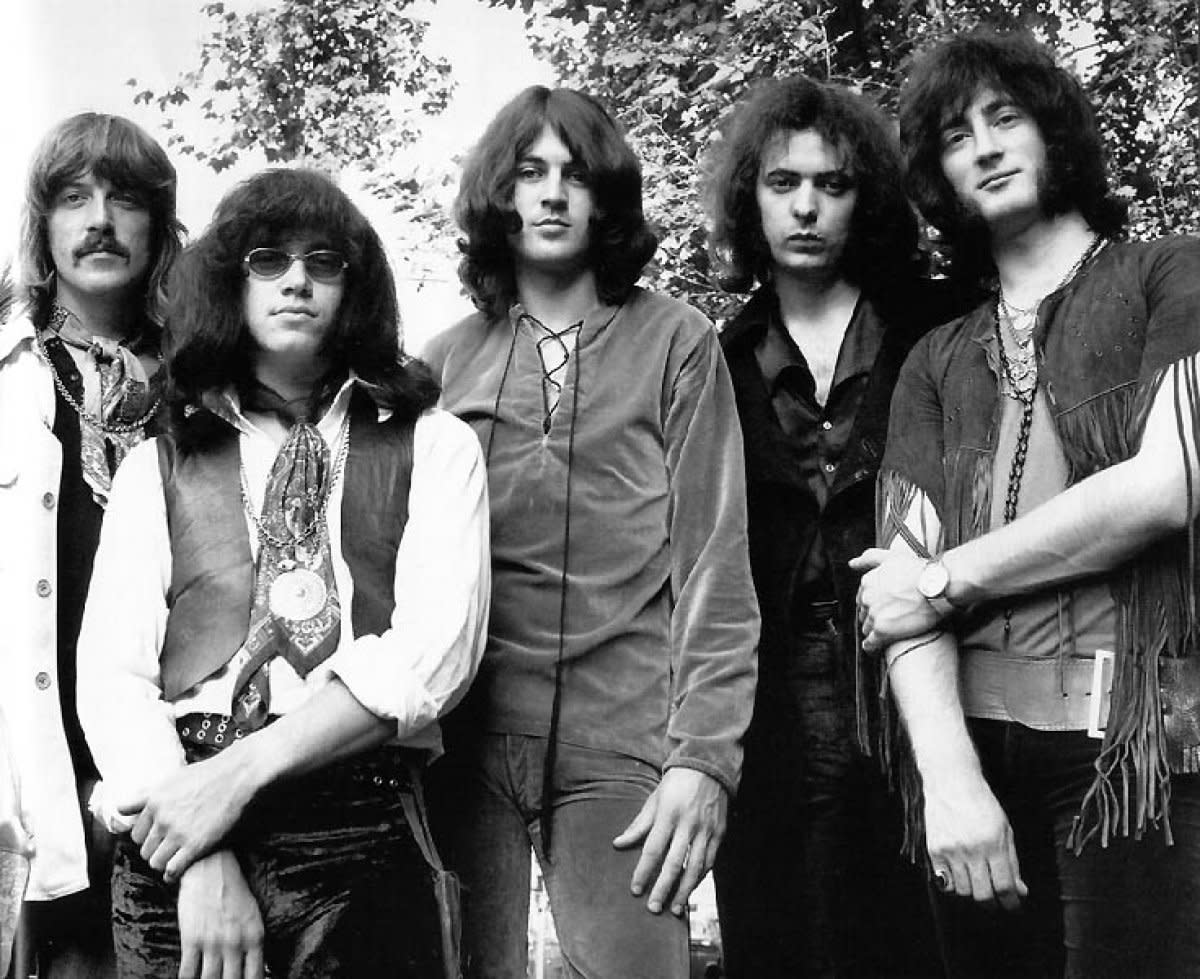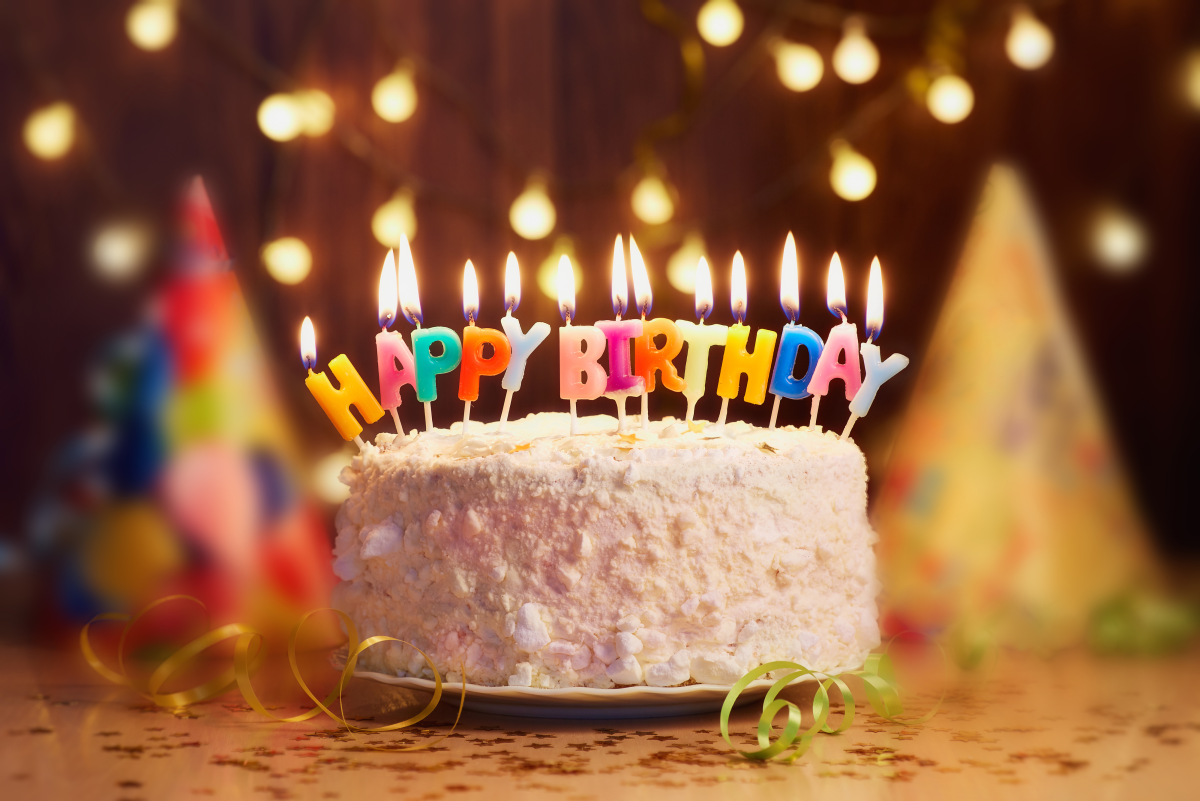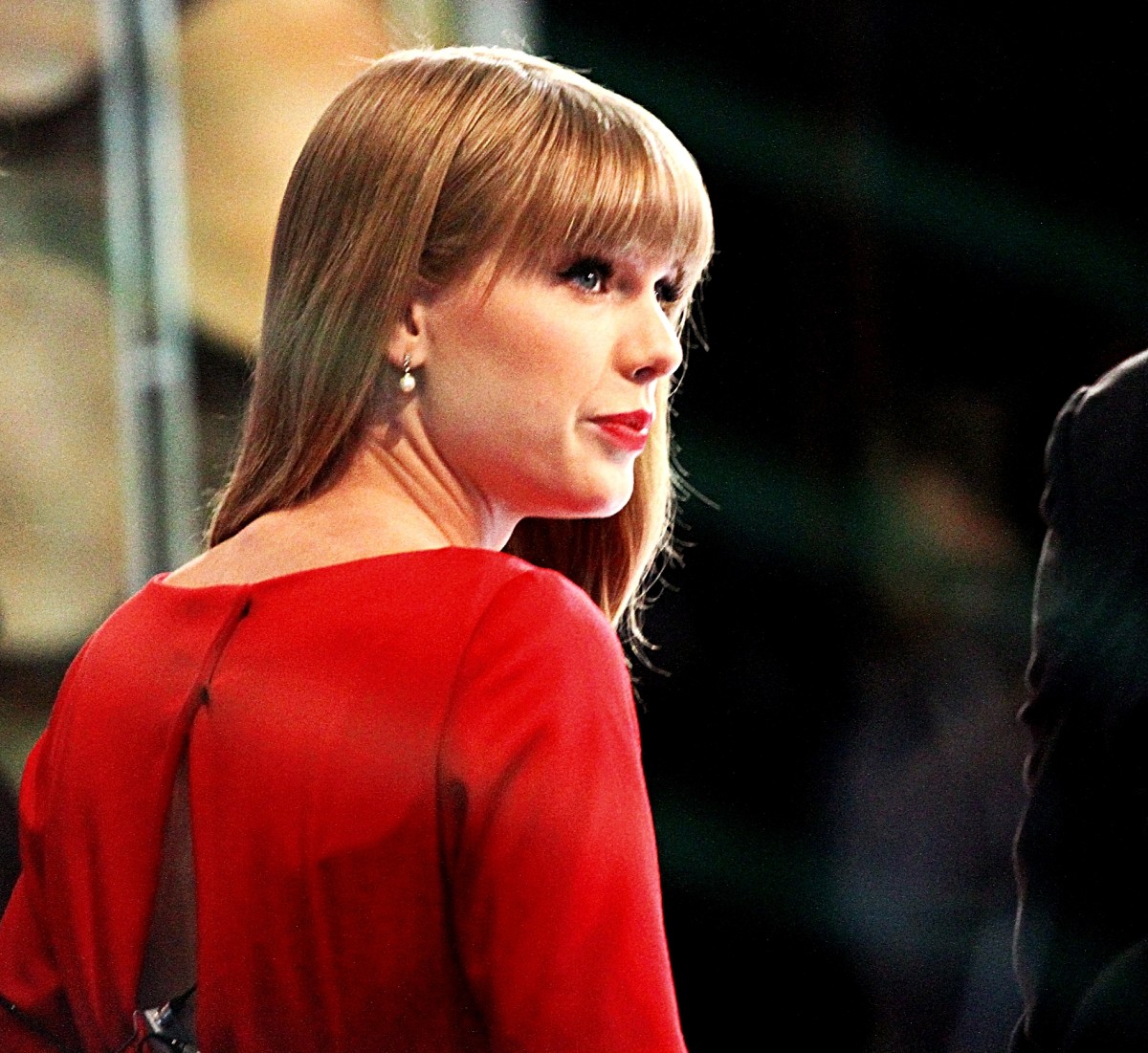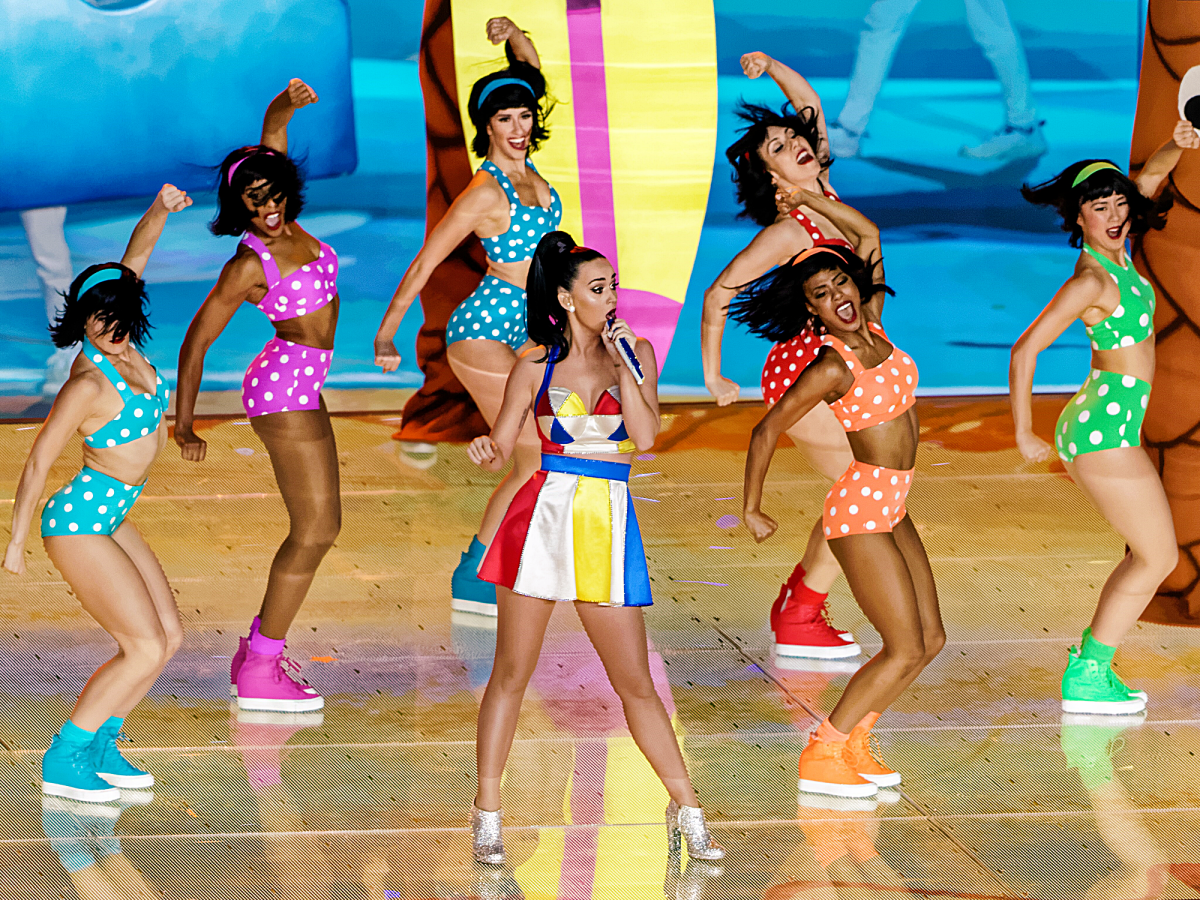Ian Gillian's Birthday Gift To Fans Is New Deep Purple Album
New Album Showcases Deep Purple's 70s Work
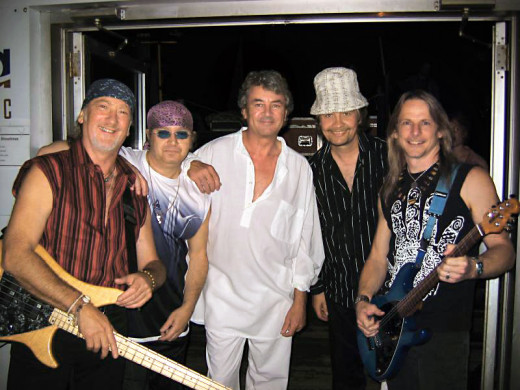
Getting a date with a Woman from Tokyo would have been an apt way to celebrate his 75th birthday, but I do not know any Asian women. I could have also taken a boat on the lake for a Smoke on the Water, but cigarettes are much too hazardous to your health.
Lead singer Ian Gillian had exactly reached the three quarter of a century mark, so I felt I needed to do something to celebrate his band Deep Purple. Since I lack the luxury of having a rocket at my disposal, a little Space Truckin' was out of the question as well.
Finally the idea struck me to take a drive, although my slow pace would be no means make me a Highway Star. My destination was the record store across town, where I could honor Gillian by purchasing the band's brand new album.
With the simple but unusual title of Whoosh, the new effort has indeed a gift. Listening to it has been like climbing aboard a time Machine (fans will want to insert "Head" here) and going back to Deep Purple's heyday in the Seventies.
That decade is reflected throughout the album, both musically and thematically. Its produced is Bob Ezrin, the quintessential Seventies producer who helped advance the careers of storied rock acts like Kiss and Alice Cooper.
Most striking about Swoosh is the keyboard work, which was always a defining characteristic of Deep Purple. The man who provided that original organ composition was Jon Lord who, though he passed away in 2012, has obviously bequeathed his distinct style to current member Don Airey.
Keyboards are not the only element that harkens back to Purple's peak over four decades ago, for the electric guitars cry out with the same enthusiasm as those heard on Fireball and Who Do We Think We Are.
Slightly altered is the vocal performance of Gillian, who at 75 does not quite have his remarkable range that propelled the band's biggest hits and his starring role in the rock opera Jesus Christ Superstar. Still, he manages to execute a slightly deeper voice on the songs here, which are generally more serious than those from the early records.
These tracks, like the music backing them, seem to beckon the ideals of yesteryear. "We Are All the Same in the Dark" longs for peace and love, while "Drop Your Weapon" advocates for gun control.
Whereas many of the hits in their discography were concerned with travel, Gillian and Deep Purple now seem to appreciate being stationary. Their younger selves longed for highways or jaunts through space or making records in Switzerland or Japan but, as the last track indicates, they now embrace the enjoyment of "Dancing in My Sleep."


